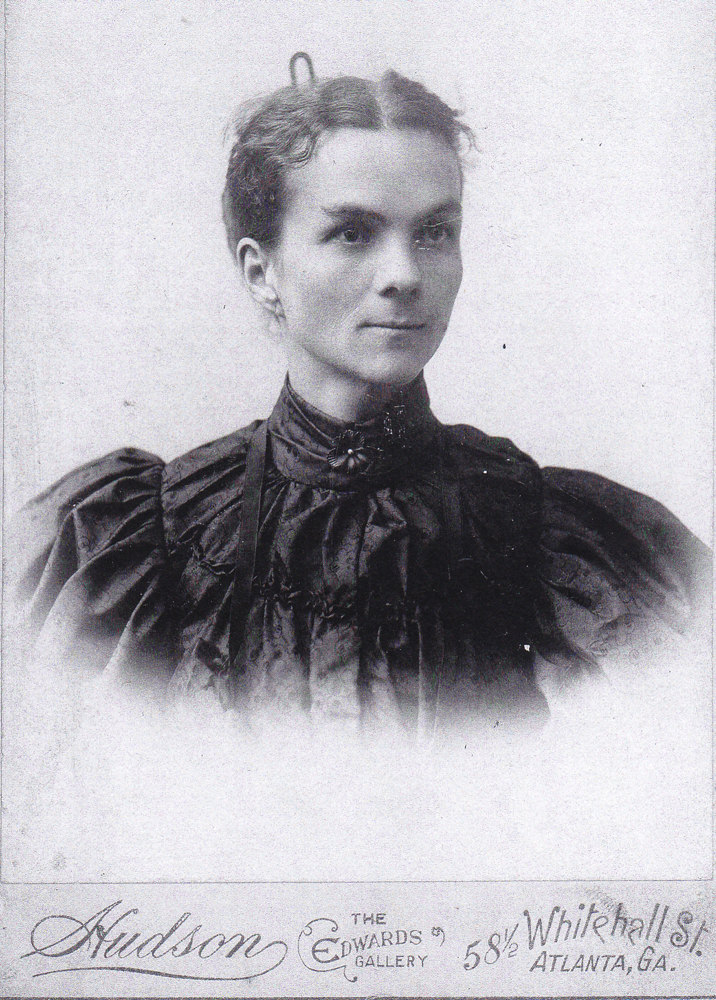Racial Passing in AmericaPosted in Articles, Biography, History, Media Archive, Passing, United States on 2019-11-10 03:59Z by Steven |
Yale University Press Blog
2019-11-04
Adele Logan Alexander, Emeritus Professor of History
George Washington University, Washington, D.C.
Over the years, the practice of “passing” for white has variously been considered wicked, cowardly, deceptive, essential, all or none of the above by much of the African American community. Certainly, it was and is controversial.
In years, decades, and centuries past, a number of light-skinned African Americans “passed,” either briefly, permanently, or situationally. Their stories are legion. This certainly has been the case for several members of my own family…
…But there are alternative stories too. In the Jim Crow South, my light-skinned grandmother sometimes wore a raceless mask to attend “all-white” suffrage conferences in the pre-Nineteenth Amendment years. Then she brought the information she gleaned back to share with her African American friends and peers who hoped to acquire the vote for women. On occasion, she also manipulated the racial apartheid system to acquire the best possible medical care for herself and her children. Would anyone argue with her choices in those instances?…
Read the entire article here.



